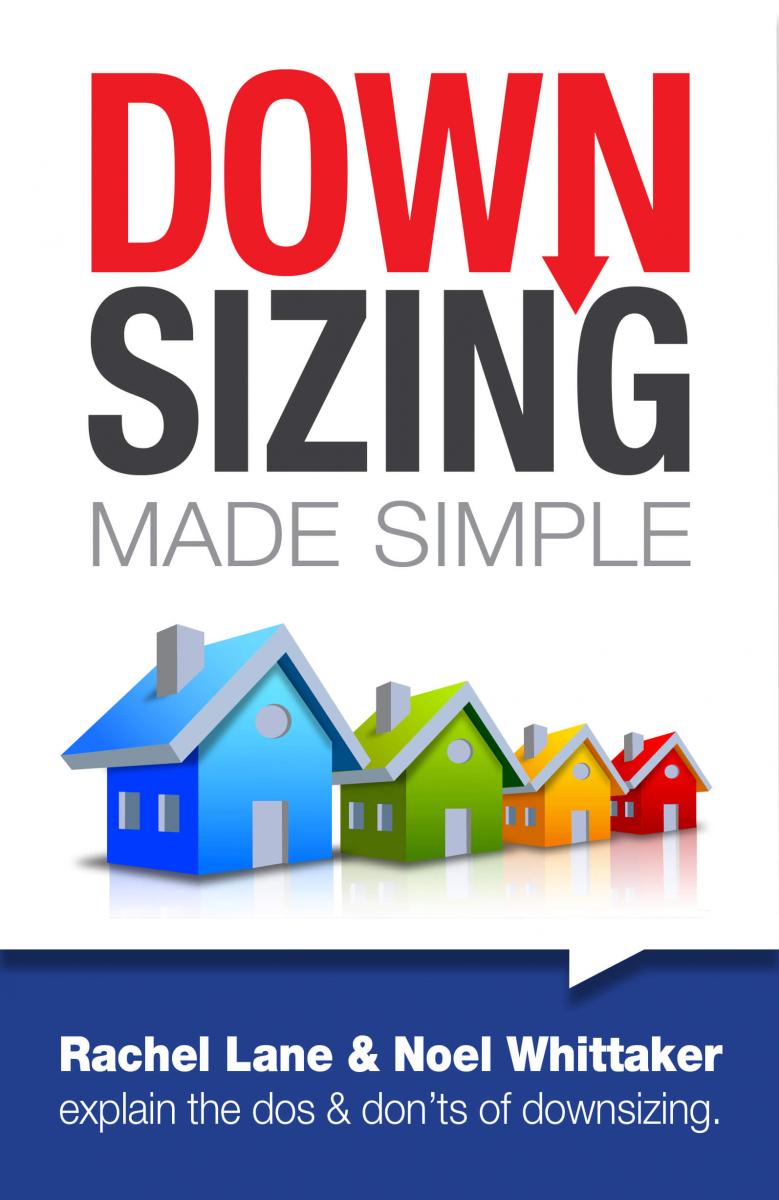Downsizing, or what I call “right sizing”, can be both exciting and confusing.
Here’s my top five tips to getting it right.
1. It’s the vibe
In real estate the advice is normally “location, location” and proximity to family, friends and amenities is an important aspect.
But a significant factor of your enjoyment will be the time spent with the people around you, whether that’s neighbours in a retirement community or family in a granny flat.
Most retirement communities have opportunities for you to take a tour, join in an activity or attend an open day – gather as much information as you can from the staff and from the residents.
When it comes to granny flats it’s important to remember that living with family is not the same as joining in Sunday dinner or the occasional holiday, make sure you think about the dynamics of the house now and in the future.
2. Understand your contract
Your contract sets out your rights, responsibilities and costs both now and in the future (including when you leave).
Your contract can also have implications for your pension entitlement, eligibility for rent assistance, cash flow, tax and estate planning wishes so it is vital that you understand it.
It may seem strange to have a contract with family but if you are setting up a granny flat arrangement you definitely should, it could save problems and unpleasant arguments down the track.
3. Crunch the numbers
Understanding the costs and comparing alternatives is easier if you break it down into: the ingoing, the ongoing and the outgoing.
Some retirement communities will offer you different payment options for the same unit – as a general rule the more you pay upfront the less you pay at the end and vice versa.
Make sure you do your sums, or get someone who knows how to, to work out which is best for you.
In addition to your accommodation costs you will also need to factor in your personal expenses like groceries, car maintenance, utilities and entertainment.
It’s a good idea to create a budget. If you are going to receive services such as meals, domestic help or care make sure you include these and don’t forget to add occasional expenses such as holidays and Christmas so you know you can afford the lifestyle you want.
4. Who cares?
Even if you don’t need care now, it’s a good idea that you understand what care can be provided in your new home, how you can access it and how much it is likely to cost.
Make sure you can answer the questions “What happens if I need care?” and “How much will it cost?”.
5. Seek advice
Crunching the numbers on different contracts and calculating the impact on your pension, cash flow, home package fees and the amount you will receive after you leave can be complicated, seeking advice from a Retirement Living and Aged Care Specialist will help you get it right and make sure there are no nasty surprises down the track.
 Rachel is Australia’s Aged Care Guru. She writes regular columns on retirement living and aged care for the Sydney Morning Herald, Melbourne’s Age and the Brisbane Times and she regularly speaks on TV and Radio.
Rachel is Australia’s Aged Care Guru. She writes regular columns on retirement living and aged care for the Sydney Morning Herald, Melbourne’s Age and the Brisbane Times and she regularly speaks on TV and Radio.
Rachel has co-authored a number of books, including the Best Seller Aged Care, Who Cares? and her new book, Downsizing Made Simple and holds a Masters in Financial Planning.


